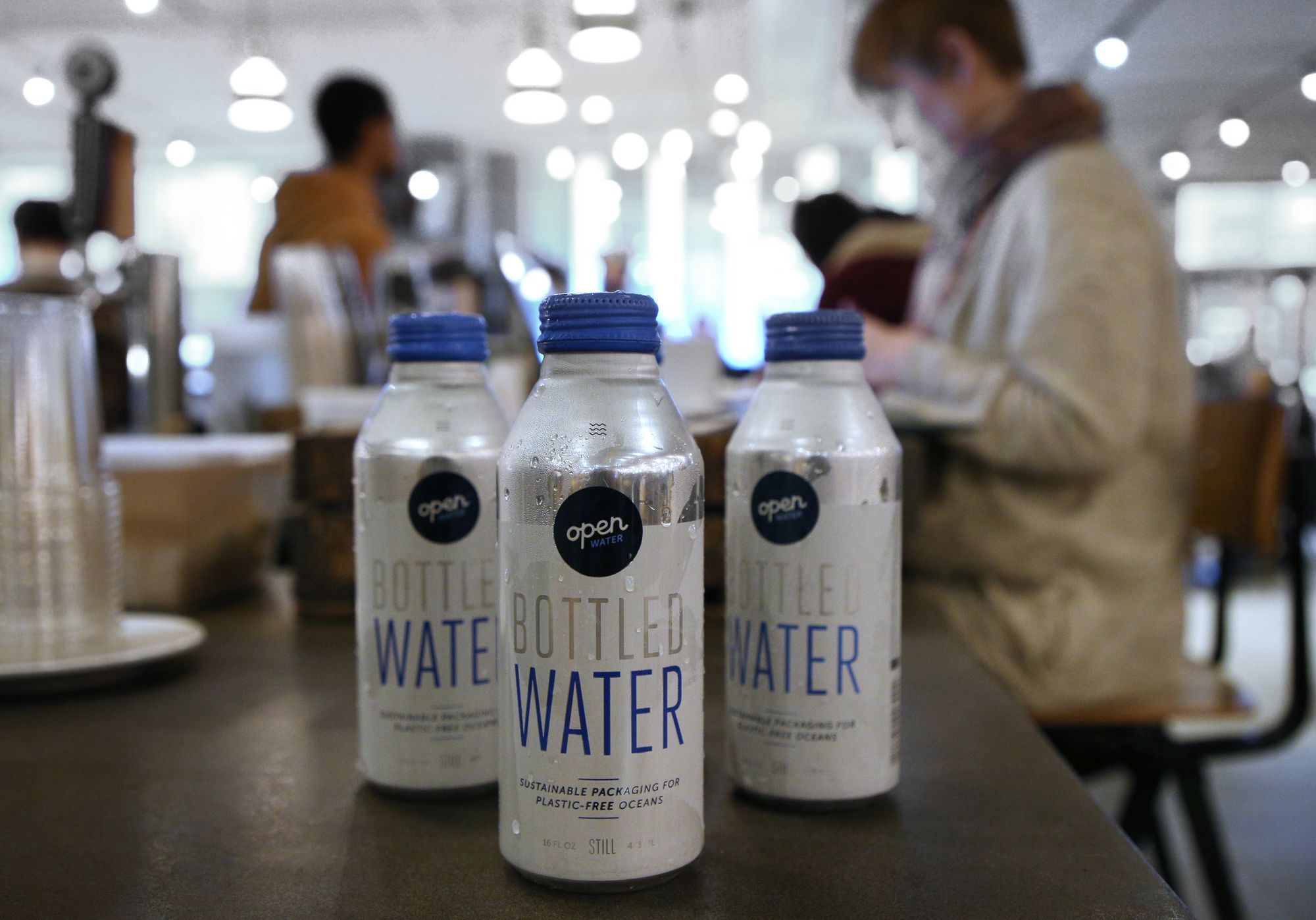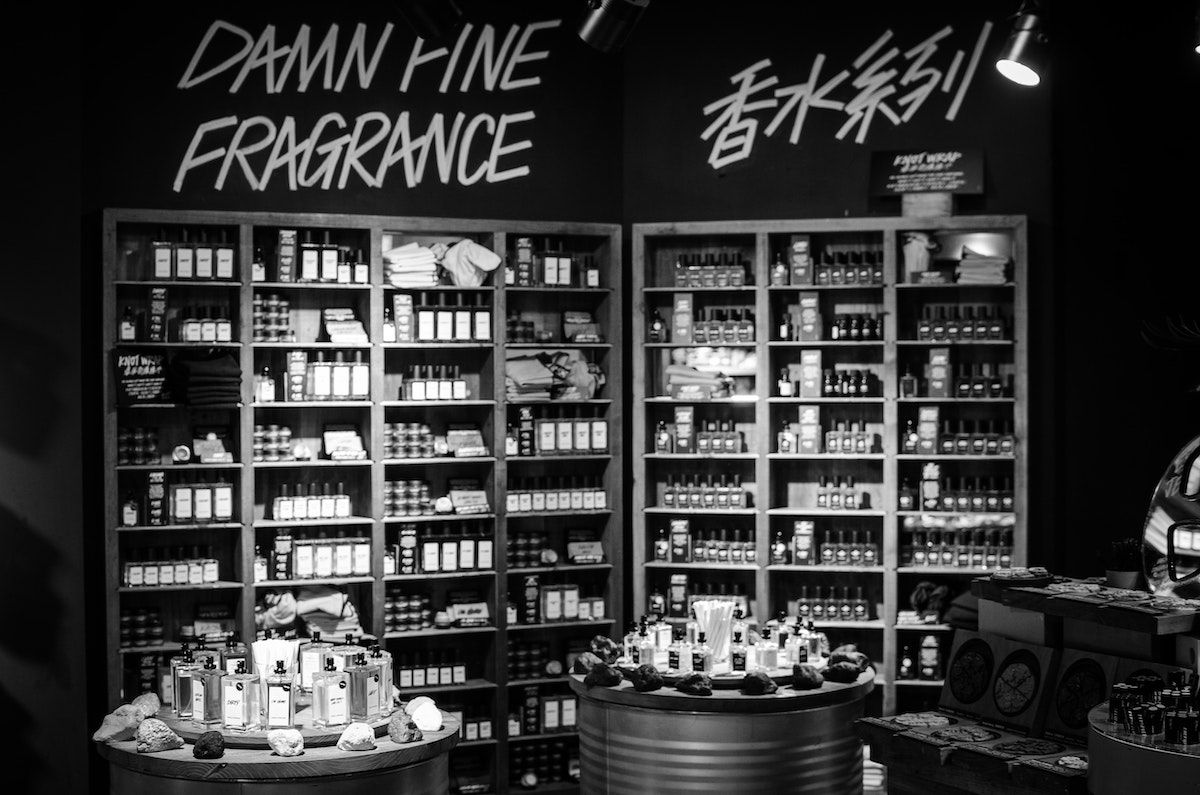How Open Water built a brand without spending on media
A water start-up is thinking creatively about how it can acquire new customers and slash its marketing costs.
Most brands these days follow awareness strategies that make very little logical sense.
They pay social media agencies and spend loads of money on pay per click campaigns where the actual return on investment for the spend is frightfully poor.
There are countless brands, for example, who have above 50 000+ followers on a social media channel like Instagram; they pay an agency to produce content (which is usually dull, unimaginative and formulaic) and are happy with engagements rates on their posts of less than 1%.
No sales can be directly attributed to the posts and rationally, continued investment in the medium makes absolutely zero sense...and yet, the madness continues...
Why?
Our theory is that the embedded strategy just hasn't been challenged, nobody has actively asked good questions as to why these practices continue and if we're honest about it...nobody has bothered to think creatively about possible alternatives; better ways of attracting new customers, more effective ways of retaining existing customers.
Agencies continue to get paid for producing wallpaper that nobody takes any notice of...money continues to be wasted.
Refusing to line the pockets of Mark Zuckerberg, Open Water chose instead to think creatively as to how they might promote their canned water in the US.

Aluminum bottled water ‘for plastic-free oceans’
According to an article in Modern Retail:
A big part of Open Water’s brand identity is its commitment to eliminating plastic waste in the ocean through its recyclable packaging and climate neutrality. After noticing how almost all zoos and aquariums have exhibits on plastic pollution, Open Water saw them as an effective channel to sell products and educate people about its brand’s messaging shortly after the brand was launched in 2014. Zoos and aquariums — as well as restaurants and hotels — (collectively called on-premise channels) now make up 85% of Open Water’s total revenue.
“You would go to [zoo and aquarium] cafeterias and it was like a sea of plastic in their coolers. And so, there was this huge disconnect between what they were talking about for their guests then what they were offering,” said Jess Page, co-founder and chief brand officer at Open Water.
Open Water is attempting to be part of the solution to a serious and pressing problem - plastic waste ending up in the ocean.
By building awareness and sales channel relationships with aquariums and zoos they killed two birds with one stone and effectively avoided the bun fight that most water brands get involved in in an attempt to get their product onto supermarket shelves. Open Water currently has “tens of thousands” of on-premise partnerships - with zoos, aquariums, hotels and restaurants - which facilitate the majority of their sales .
For companies in the beverage industry, alternative sales channels have become highly sought after because it helps differentiate themselves from competitors. It helps them have a captive audience and spend less on marketing as they don’t have to compete with other brands.
As a start-up choosing marketing routes that everyone else is also attempting to dominate in is illogical. All that will end up happening is that your expenses go through the roof and you end up fighting as a commodity.
The channels (sales and promotional) that are right for your brand are not given, there is no rule book when it comes to building a brand.
Avoid the 'sheep mentality' and rather choose to think creatively as to how you can achieve awareness without spending too much for it. Those vital customer acquisition costs (CAC) are ballooning for everyone; side-stepping them is a sign of skill and brilliance.
More:

:quality(70)/arc-anglerfish-arc2-prod-tronc.s3.amazonaws.com/public/R2MRJMOBKJHRVF3WXUKDJVKDDY.jpg)
Previously:





